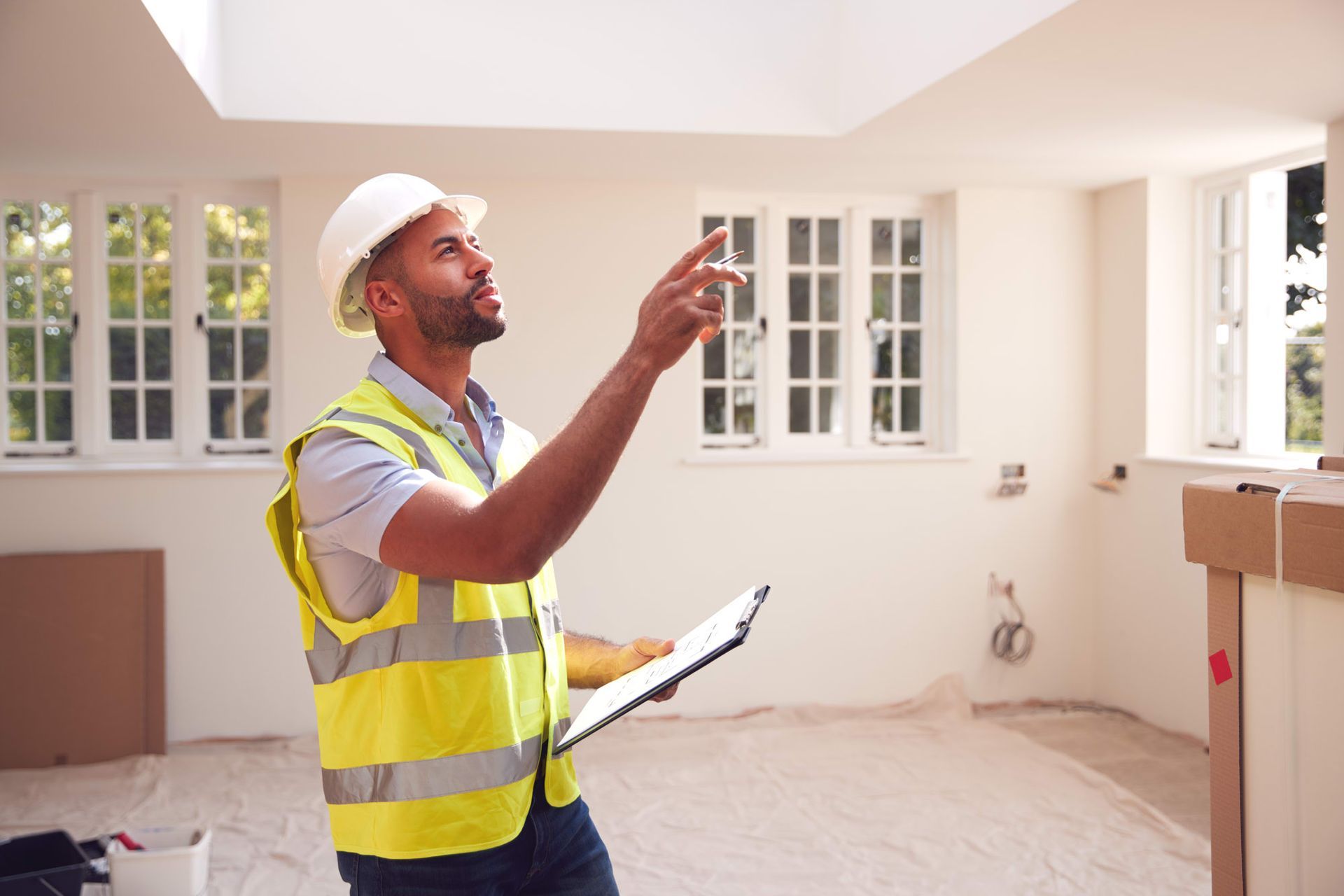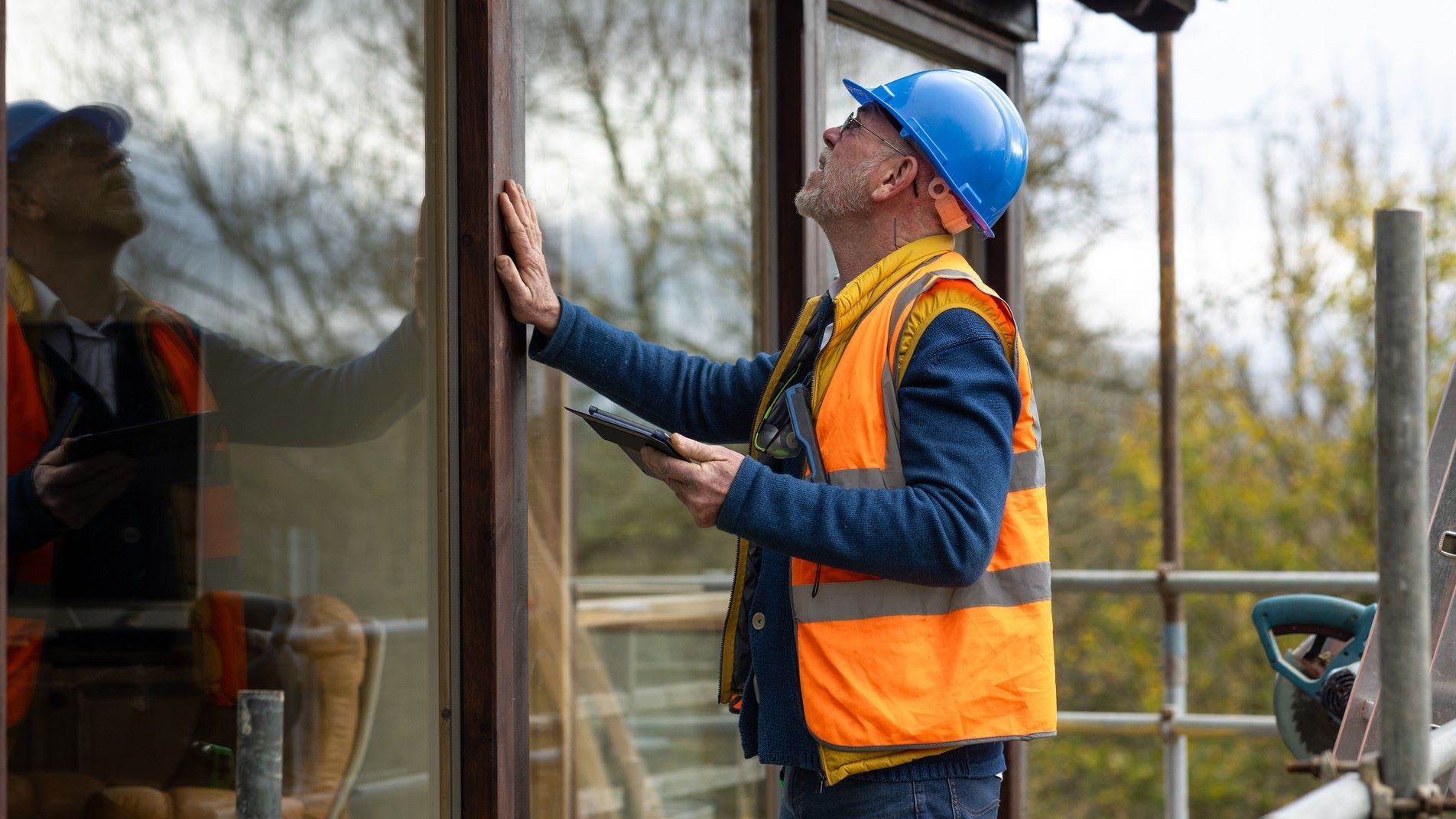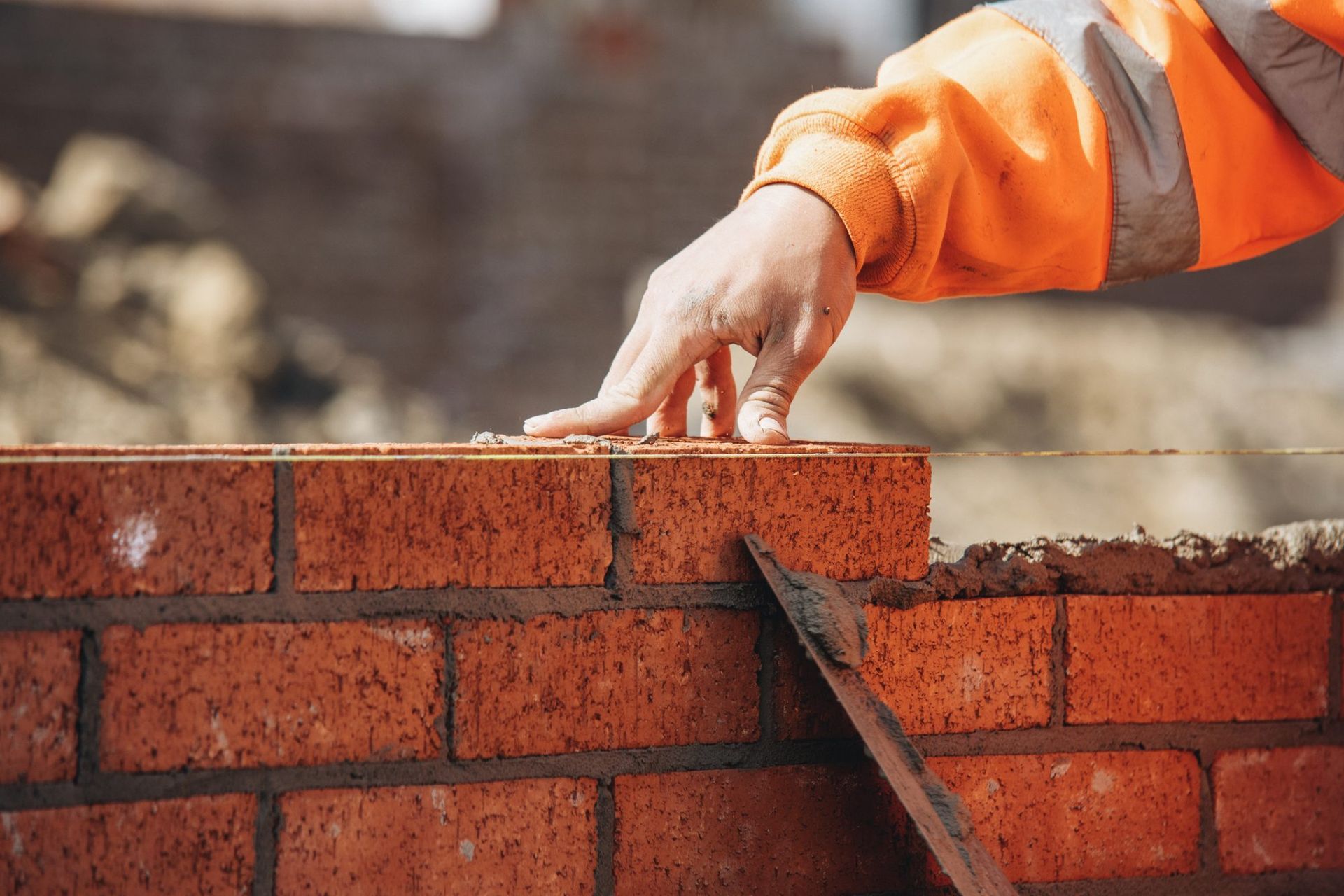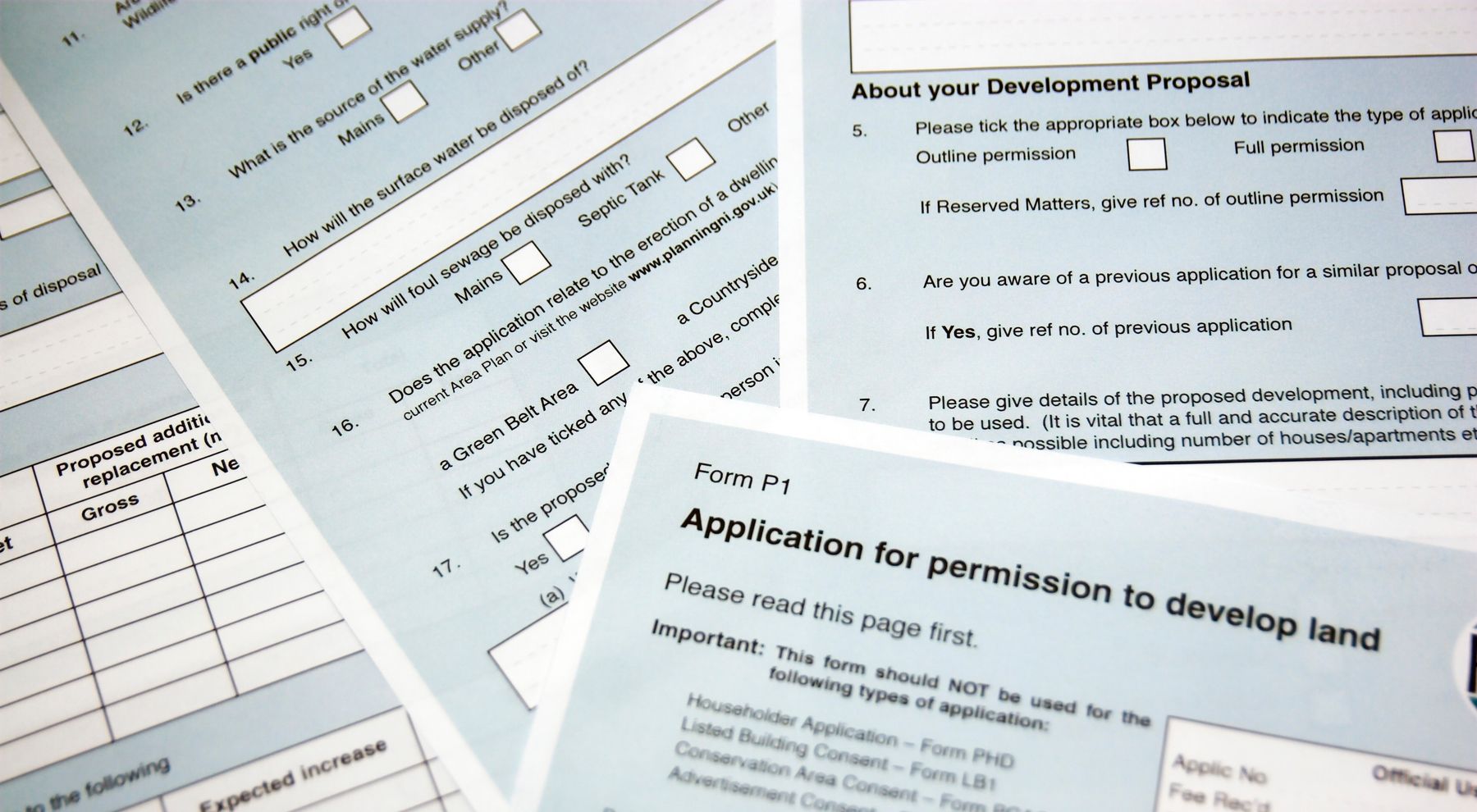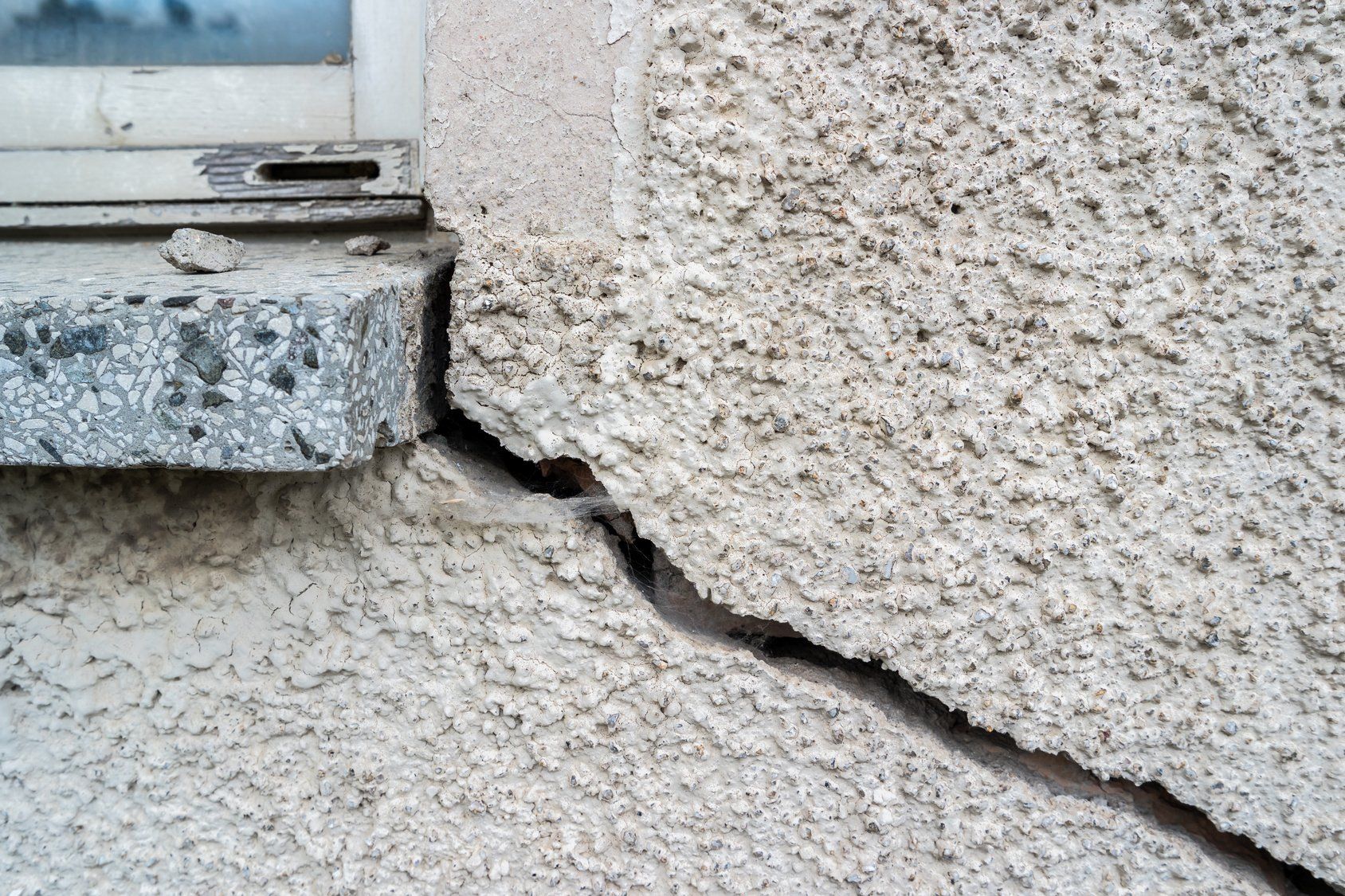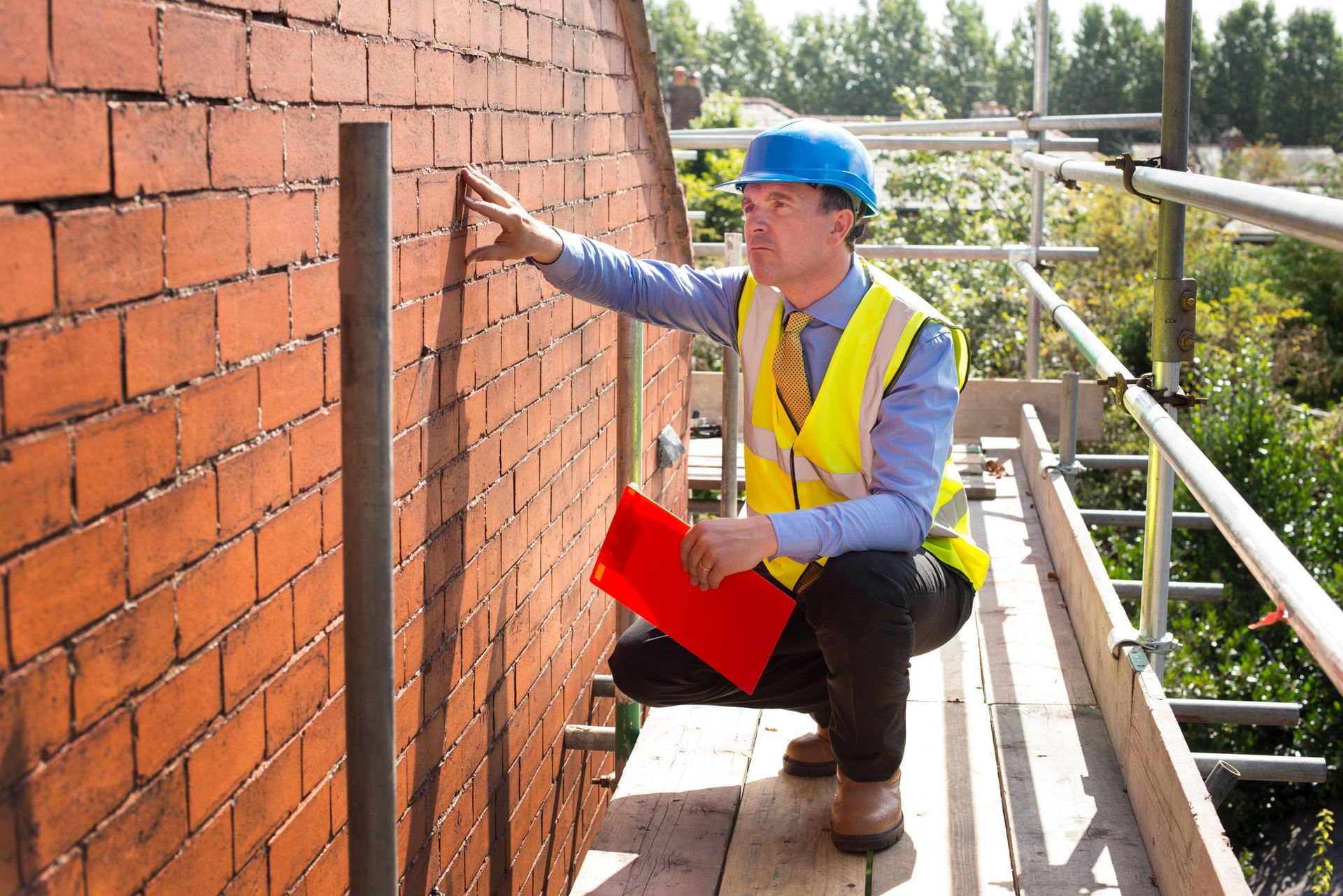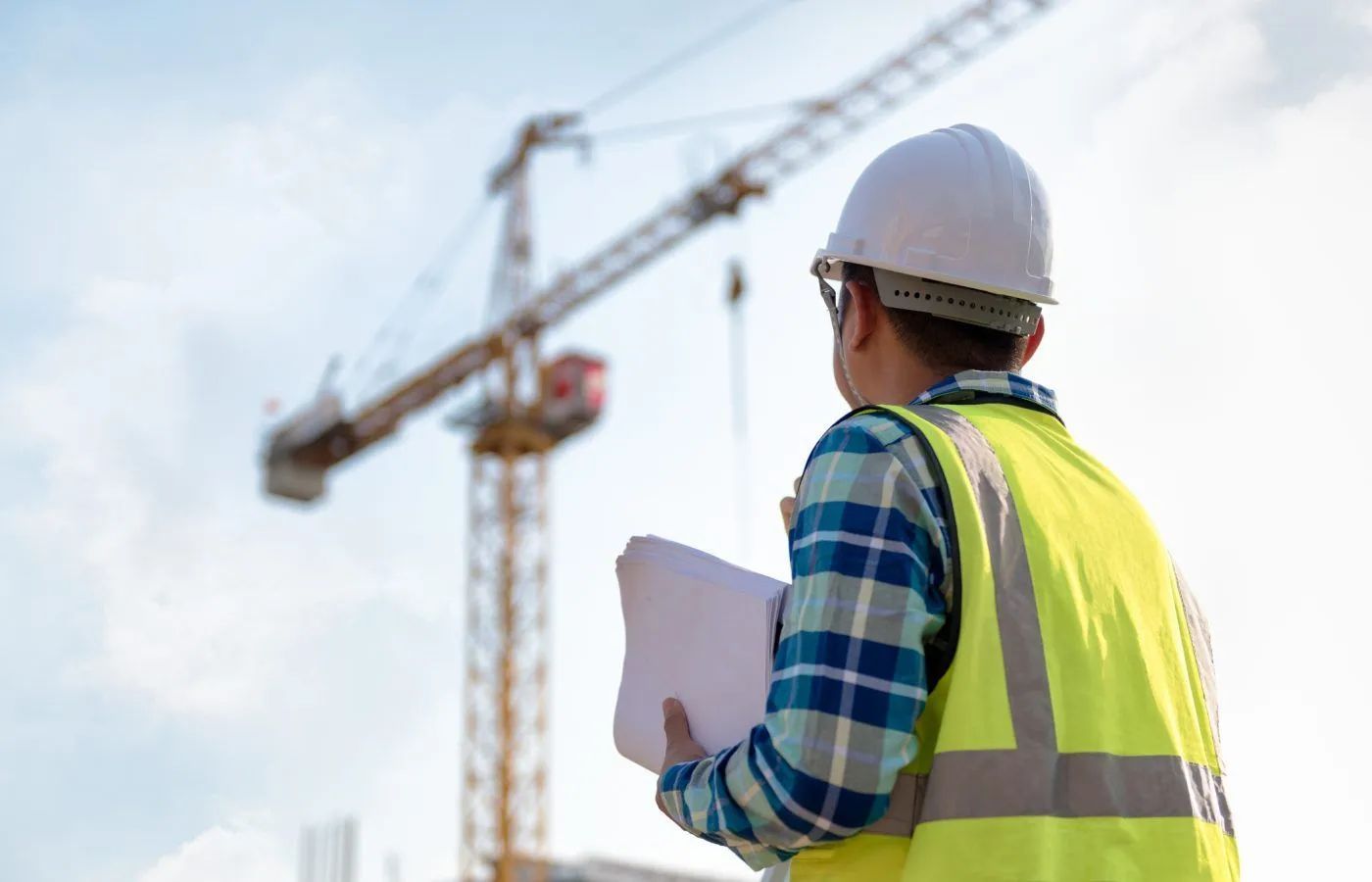What’s the Difference Between a Structural & Dilapidation Surveyor?
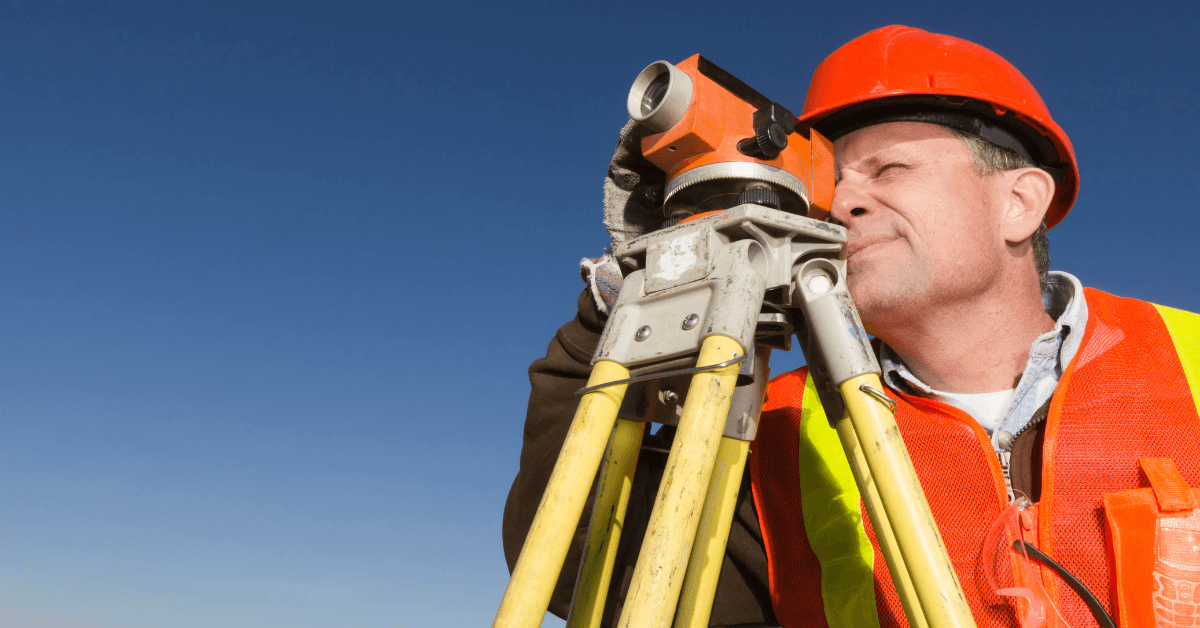
When dealing with property assessments, understanding the roles of different surveyors is essential. Structural and dilapidation surveyors are two key professionals involved in evaluating the condition of buildings. However, they serve distinct purposes and operate in different scenarios. In this guide, you can discover the key differences between structural and dilapidation surveyors, including when to hire each one.
What is a Structural Surveyor?
Structural surveyors play a vital role in assessing the integrity and safety of buildings, ensuring they meet required standards and remain structurally sound. Whether you are purchasing a property, planning renovations, or identifying potential structural issues, a structural surveyor provides expert analysis and recommendations. Their assessments help property owners, buyers, and developers make informed decisions, avoid costly repairs, and comply with building regulations.
Their Role
These surveyors are responsible for assessing the structural integrity and safety of buildings. They specialise in identifying potential risks, defects, or weaknesses within a property’s framework. Their role is crucial in ensuring buildings remain stable and meet safety regulations.
Key Tasks and Responsibilities
Structural surveyors perform a range of essential tasks to ensure a building's safety and stability. One of their primary responsibilities is conducting structural assessments, where they examine a building’s foundations, walls, roofs, and overall structural integrity. Through this process, they identify defects such as subsidence, cracks, damp issues, and other weaknesses that could compromise the safety of the structure.
After completing their assessment, these surveyors provide detailed structural reports, outlining their findings and recommending necessary repairs or reinforcements to maintain or restore the building's integrity. They also advise property owners on renovation and extension plans, ensuring that any proposed changes are structurally viable and do not pose risks.
Additionally, they play a crucial role in ensuring compliance with building regulations, confirming that a property meets all legal and safety requirements before construction or renovation projects proceed. Their expertise is vital in preventing costly structural failures and maintaining the longevity of buildings.
When are they required?
There are various scenarios in which you will require structural surveyors. If you’re buying an older property, for example, structural surveyors can help to assess any hidden structural problems.
Structural surveyors are also fantastic if you’re planning significant renovations, helping you to ensure modifications won’t compromise structural stability. These surveyors can also be helpful following extreme weather damage, as they can assess potential risks after flooding, storms, or earthquakes.
What is a Dilapidation Surveyor?
A dilapidation surveyor plays a crucial role in the property and construction industries, helping landlords, tenants, and property owners assess the condition of buildings before or after a lease period. Whether you’re a commercial tenant preparing to vacate a property or a landlord looking to ensure a building remains in good condition, understanding the role of these surveyors is essential. Below, we explore what they are, what they do, and why their expertise is valuable in protecting property investments and ensuring legal compliance.
Their Role
Dilapidation surveyors focus on the condition and maintenance of a property, particularly in the context of lease agreements. Their primary role is to carry out a dilapidation inspection and document property conditions before and after a tenancy to determine any necessary repairs.
Key Tasks and Responsibilities
A dilapidation surveyor carries out key tasks, including conducting pre-lease inspections, which include assessing a property’s condition before a tenant moves in. They can also prepare a Schedule of Condition, which is a documented report that records existing defects.
Once a tenant has moved out of a property, these surveyors can carry out post-lease assessments, identifying any deterioration beyond normal wear and tear. These surveyors can also prepare a Schedule of Dilapidations, which is a legal document outlining the required repairs and associated costs.
When are they required?
Dilapidation surveyors are great for landlords. At the start of a commercial lease, it can be beneficial to hire a dilapidation surveyor to help you document the initial condition of the property. Similarly, at the end of a lease, a dilapidation surveyor can help you determine any damages and whether the tenant is liable for repairs. Finally, during lease disputes, these professionals can also be helpful if there is disagreement over the property’s state and repair obligations.
Key Differences Between Structural and Dilapidation Surveyors
While both professionals assess properties, their focus and reporting methods differ significantly. Generally, structural surveyors and dilapidation surveyors are hired for different reasons and produce different types of reports. Read on to learn more about how they differ.
The Focus of the Role
Structural surveyors primarily focus on a building’s stability and safety, assessing its structural integrity and identifying any risks that may compromise its durability. In contrast, dilapidation surveyors focus on a property’s condition and legal obligations, particularly in the context of lease agreements.
While structural surveyors work to identify potential hazards and ensure the long-term strength of a building, dilapidation surveyors provide detailed condition reports that help settle legal and financial disputes between property owners and tenants. Both roles are essential in property management but serve different purposes depending on whether the concern is structural soundness or lease-related responsibilities.
Type of Report
Structural surveyors provide comprehensive structural reports that detail the overall integrity of a building. These reports highlight defects, potential hazards, and necessary repairs. The reports are often used in property purchases, insurance assessments, and major renovation projects to determine the extent of necessary work before proceeding with any structural modifications.
In contrast, dilapidation surveyors produce Schedules of Condition and Schedules of Dilapidations. A Schedule of Condition is typically conducted before a tenant moves in, recording any pre-existing damage to avoid liability disputes later. A Schedule of Dilapidations, conducted at the end of a lease, identifies repairs or maintenance work required under the terms of the lease agreement. These reports are used as legal documents to resolve disputes between landlords and tenants regarding the condition of the property and the financial responsibility for any necessary repairs.
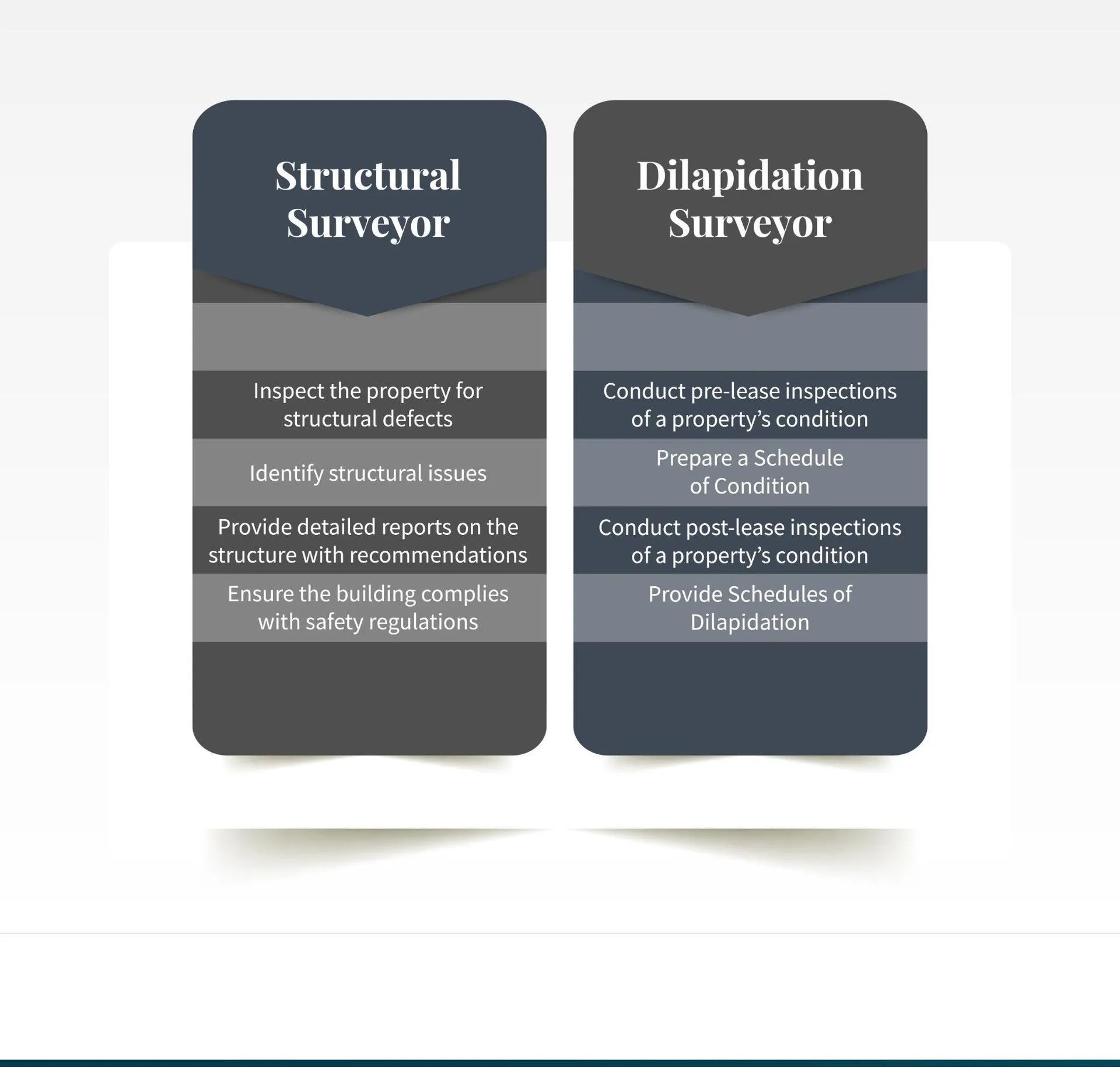
When to Hire Each Type of Surveyor
There are different scenarios in which a structural surveyor and a dilapidation surveyor could be helpful. In this section, you can explore some quick examples of when to hire a structural surveyor, and when to hire a dilapidation surveyor.
Structural Surveyor
You should consider hiring a structural surveyor when:
- You need a property assessed for safety before purchase
- There are visible structural issues that require investigation
- You plan to renovate or modify a building’s structure
- Insurance companies or mortgage lenders request a structural survey
Dilapidation Surveyor
You should consider hiring a dilapidation surveyor when:
- You are a landlord needing to assess a property's condition before and after a lease
- You are a tenant wanting to document a property’s state to avoid unnecessary repair costs
- There is a dispute between a landlord and tenant regarding repair responsibilities
- Legal proceedings require professional property assessments
Our Services at Simon Levy
At Simon Levy, we offer expert property surveying services tailored to your needs. Whether you require a detailed structural assessment or an accurate dilapidation report, our experienced team provides professional advice and comprehensive evaluations.
Why Choose Us
At Simon Levy, we have in-depth industry expertise. Our qualified surveyors have extensive experience in both structural and dilapidation assessments. We can offer you accurate and detailed reporting, as we ensure every survey is thorough, clear, and legally compliant. Our professional services each have a client-focused approach, whether you’re a homeowner, landlord, or tenant, we tailor our services to your requirements.
For more information or to book a consultation, please visit our website at Simon Levy. Alternatively, get in touch with us directly. Let our experts help you make informed property decisions today!

